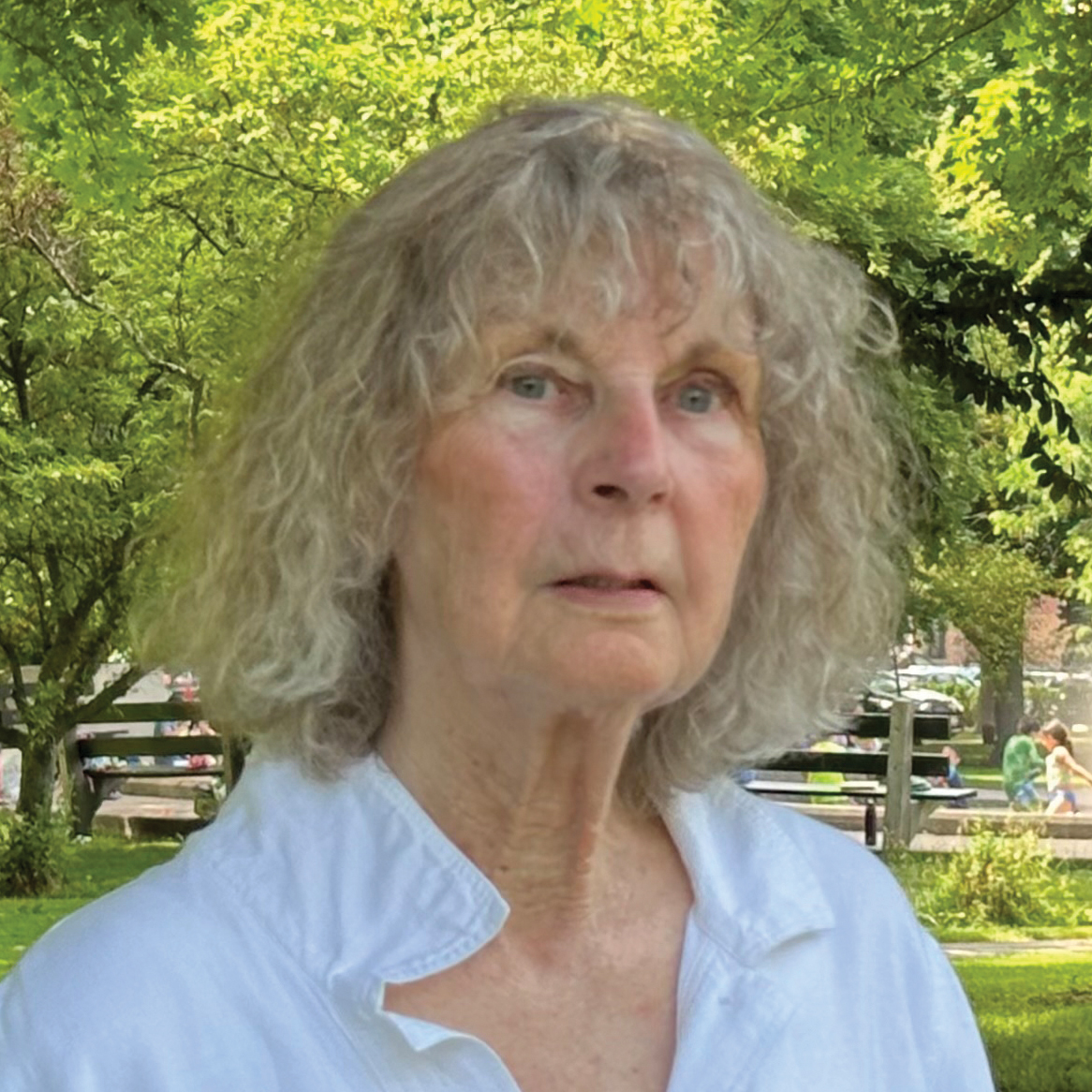Launi Whedon’s husband David was diagnosed at age 62 with primary progressive aphasia, a form of frontotemporal dementia.
“There is no cure, and the prognosis is grim, so I knew I needed ways to cope,” says Whedon, who participated in a research study that teaches caregiving skills.
The program, called LEAF — Life Enhancing Activities for Family Caregivers — began as a partnership between researchers at Northwestern University and University of California, San Francisco.
Though the initial study concluded, a self-guided online version of LEAF, leafstudy.ucsf.edu, is recruiting participants who are caregivers for individuals with Alzheimer’s disease.
The LEAF program teaches skills to help caregivers cope with the anxiety and depression that often accompany caregiving for someone with dementia. The sessions focus on specific techniques, such as practicing mindfulness and savoring positive events.
“The program is not about suppressing negative emotions but allowing caregivers to experience positive emotions alongside the negative ones,” says principal investigator Judith Moskowitz, professor of medical social sciences at Northwestern University Feinberg School of Medicine.
